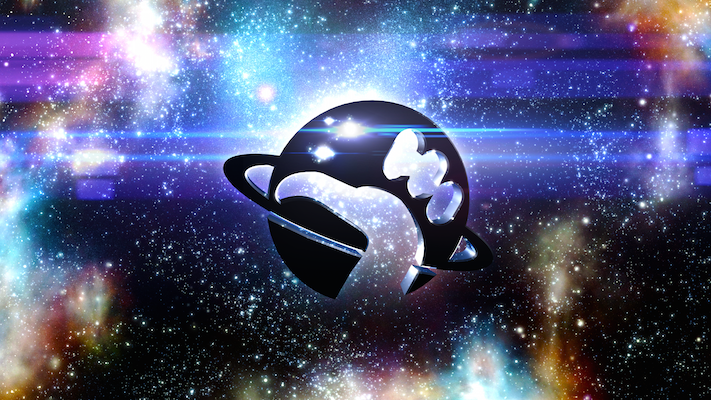The last time the United States was the world’s premiere manufacturing power, American citizens lived under the specter of an atomic assault. From their perch atop a nascent post-war order, the global superpower enjoyed unprecedented levels of production — it was the 1950s, and business was a-boomin’. Foreign relations, on the other hand, were rather precarious.
On the brink of nuclear war with the U.S.S.R., the United States government exported anxieties in bulk to their already-frightened populace. And out of these anxieties blossomed new industries: “duck-and-cover” cartoon demonstrations, dog tags for schoolchildren (a macabre industry indeed), and, of course, panic rooms, built to shelter you and your loved ones in case of a nuclear attack.
Fast forward 65 years — Russia is boogeyman once more, and hysteria again looms on the horizon (due in part to sentences like this one). But, this time, as any economist will tell you, manufacturing is gone for good. Or, at least, it’s gone digital. The rapid proliferation of technology has created more anxieties than the Cold War and a few other wars combined, and no amount of half-baked security measures (looking at you, “duck-and- cover”) will assuage the internet-soaked masses.
It is ironic, or perhaps all-too fitting, that the proper antidote to the fractured neuroses of the millennium is not a pill or a VR-empathy-boosting-headset, but a book. A book with the words “Don’t Panic” printed on its cover in bold, yellow letters. A book contained within another book, a metabook, a Russian-nesting book, a bookception, the subject (and eponym) of The Hitchhiker’s Guide to the Galaxy by Douglas Adams.
Written almost 40 years ago, The Hitchhiker’s Guide to the Galaxy is as relevant to our modern condition as it was upon its release. This is not particularly unique; all great works of science-fiction are long-lasting and prophetic. By addressing existential questions such as “What is the meaning of life, the universe, and everything?” Adams ensures the longevity of his work (spoiler alert: the answer is 42). But its true genius lies in the parallels between “The Hitchhiker’s Guide to the Galaxy” (the fictional guide) and the modern-day Google machine.
The fictional “guide,” which comprises a sizable chunk of the novel (in a delightfully post-modern flourish/dizzying fit of self-reference) and amounts to a galactic Wikipedia, is carried by an alien life-form named Ford Prefect of Betelgeuse Seven. Billed as a travel guide for hitchhiking interstellar travelers, the book is co-authored by life-forms like Ford, who travel the universe and document their findings in a centralized location. It is itself a vast universe of information, some important, some trivial, democratized and crowd-sourced.
As we travel through the universe of The Hitchhiker’s Guide to the Galaxy, we encounter the “vastly hugely mind-bogglingly big”-ness of space. “The simple truth,” the guide tells us, “is that interstellar distances will not fit into the human imagination.” Is this a deficit of the human mind, or an axiomatic truth about the nature of life, the universe, and everything?
Adams seems to be concerned less with the answer to this question, and more with the motivation for asking the question itself. If there is a takeaway from this book, perhaps it is that there are more questions than answers, and every answer leads to a new question.
And, like space, the universe of possible questions is vastly, hugely, mind-bogglingly big. But “Don’t Panic!” writes Adams. Why shouldn’t we? Two distinct possibilities are alluded to, but Adams leaves the answer up to the reader (if there is an answer at all). Should we not panic because nothing matters, or because everything will be fine? This is a book for both the techno-anarchist nihilists that rule the sub-sub-sub-Reddits at the bottom of the internet, and the yoga-preaching, gratitude-seeping optimists who avow a deep trust in the universe.
Ultimately, the guide, like the internet, supplies the answer to any number of questions that we have. But in giving answers, it leads to more questions, and ultimately creates more questions than answers. Beneath the veneer of knowledge is the shifting set of unknowable things. The guide will never catch up to the rapidly expanding universe, and the wealth of information available on the internet will never catch up to the sprawling interests of humanity.
Perhaps Adams’s The Hitchhiker’s Guide to the Galaxy is not an antidote to the anxieties of our age. But, at the very least, it’s a delightful counter-irritant.


